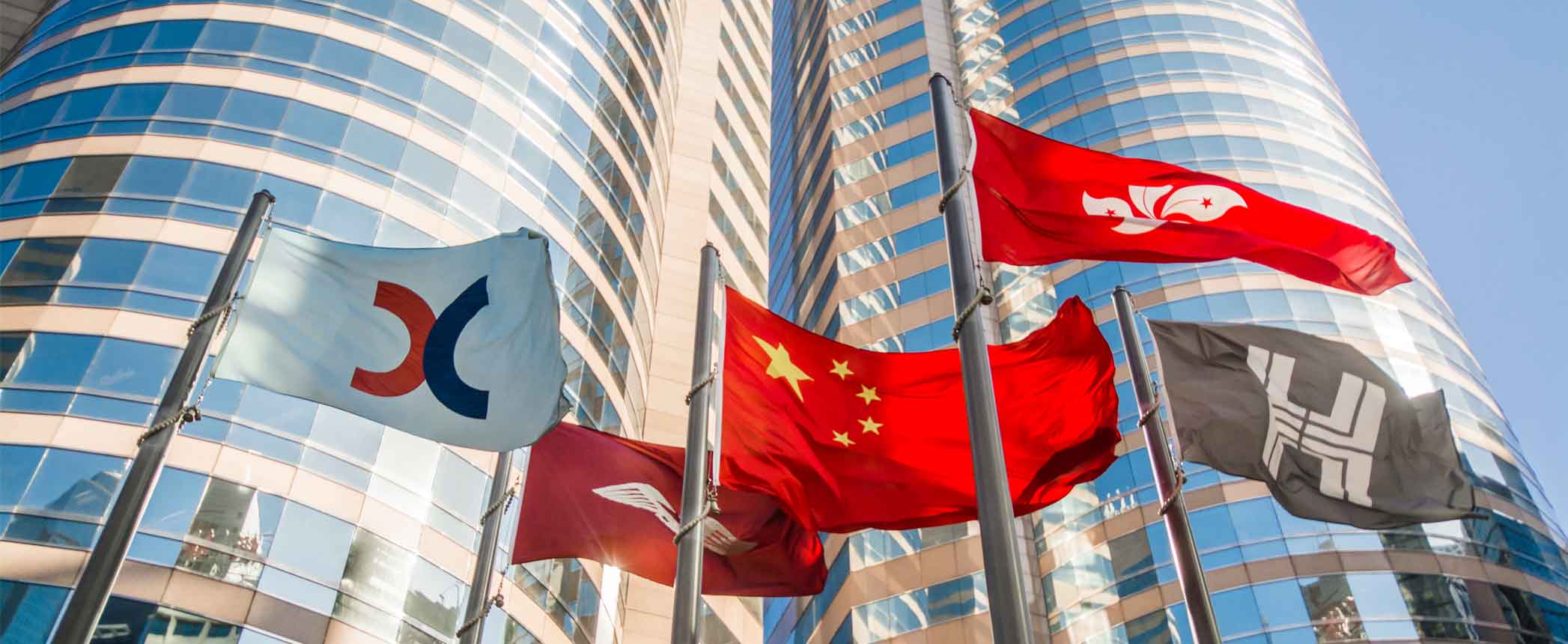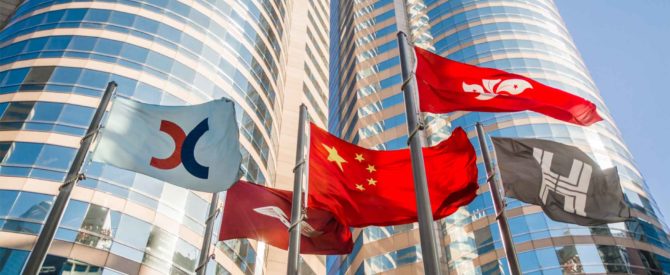
Tianhe Chemicals Group’s listing on the Hong Kong Stock Exchange was cancelled Thursday after a review panel late last month upheld a previous decision to boot the company for failing to meet its requirements.
The stock exchange’s Listing Review Committee decided May 29 to uphold a December ruling by the Listing Committee to delist Tianhe’s stock. The lubricant additive supplier appealed the Listing Committee’s decision and has the right to one more appeal under stock exchange rules but has not stated publicly whether it intends to exercise it.
The stock exchange delisted Tianhe under a 2018 rule allowing it to remove companies if trading of their stock has been suspended for at least one year. Trading of Tianhe’s stock had been suspended since March 2015 when it failed to meet a deadline for filing its 2014 financial results.
The company, which is headquartered in Jinzhou city, China, never again filed an official earnings report, though it did regularly file unofficial updates on performance. After trading was suspended, the stock exchange set several conditions for trading to resume – conditions generally requiring the company to address concerns that the company’s former auditor raised about internal controls and reporting of information related to a capital project. Tianhe stated numerous times in subsequent years that it was working to meet the conditions, but it never did satisfy the stock exchange.
Tianhe joined the Hong Kong exchange in 2014 after conducting an initial public stock offering. At that time it claimed to be Asia’s largest lubricant additive supplier and stated a goal of growing to rival the international market’s biggest suppliers – Lubrizol, Infineum, Chevron Oronite and Afton Chemical.
In the past few years it acknowledged several setbacks, though. First it was forced by local government to relocate production facilities for its fluorochemicals business, which used to account for half of company revenue. Last year it acknowledged that the lubricant additives business was hurt by a downturn in China’s economy triggered by its trade war with the United States. In May it reported that its business had been further hurt by the coronavirus pandemic and its production facilities were still closed in accordance with China’s lockdown.

The flags of HKSAR, China, Hongkong Land and Hong Kong Stock Exchange iat the Forum of Exchange Square in central Hong Kong.